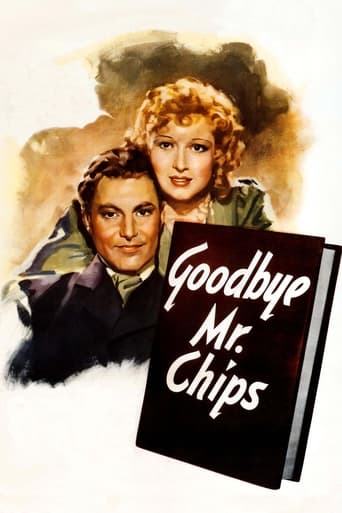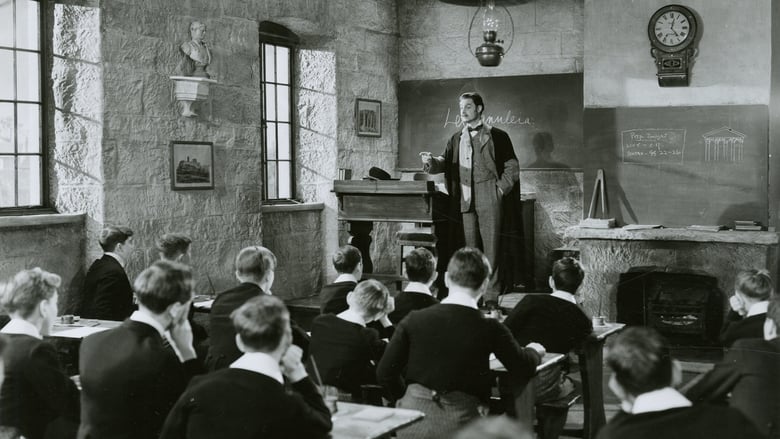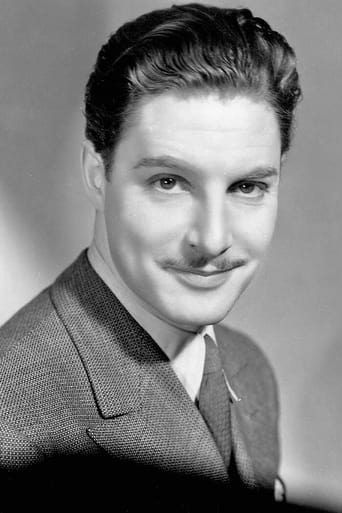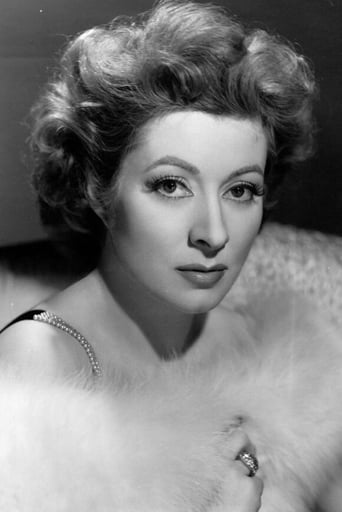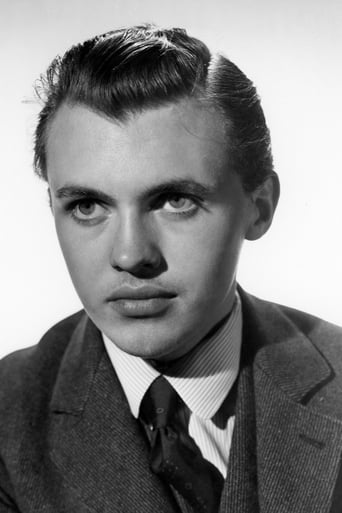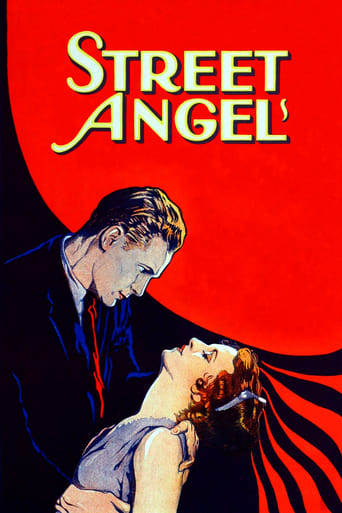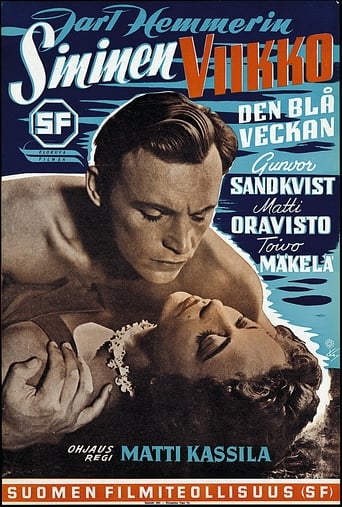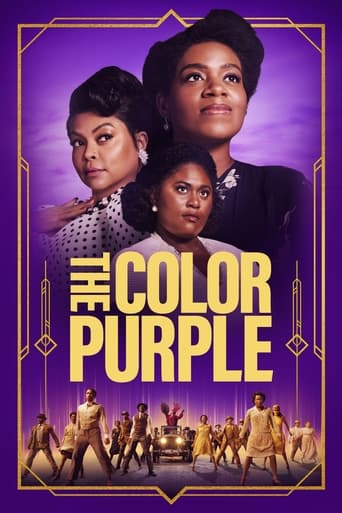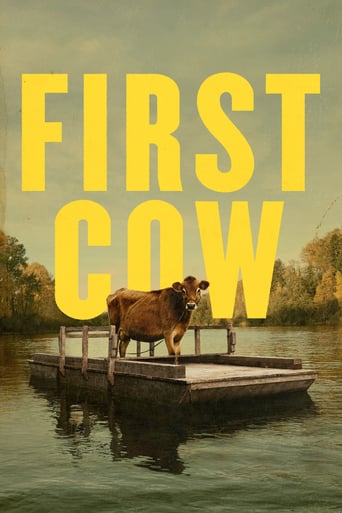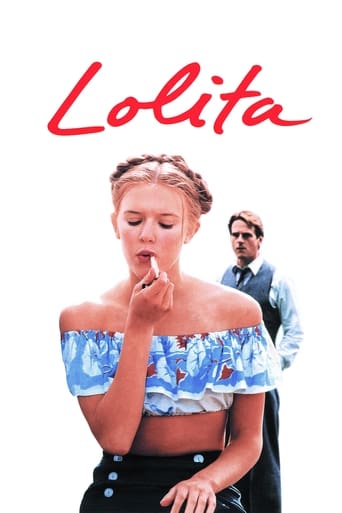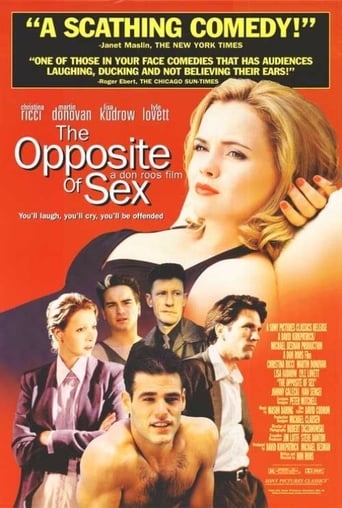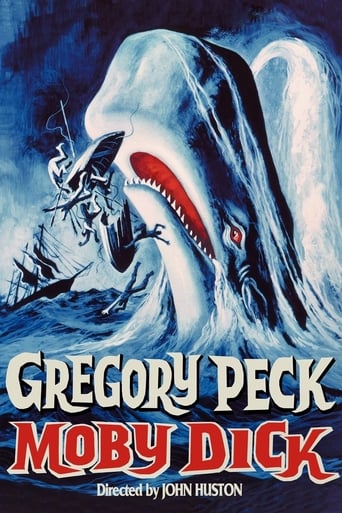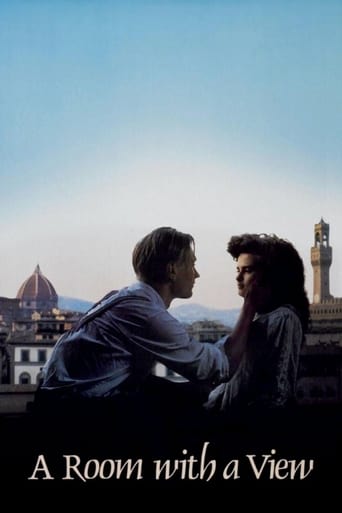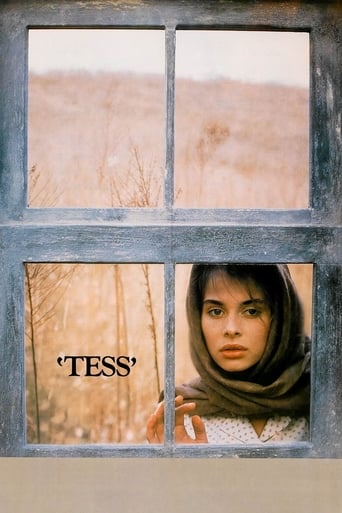Goodbye, Mr. Chips (1939)
A shy British teacher looks back nostalgically at his long career, taking note of the people who touched his life.
Watch Trailer
Cast


Similar titles
Reviews
Very disappointing...
The film creates a perfect balance between action and depth of basic needs, in the midst of an infertile atmosphere.
The film never slows down or bores, plunging from one harrowing sequence to the next.
One of the worst ways to make a cult movie is to set out to make a cult movie.
A Sam Wood Production. Photographed at Denham Studios and on location at Ripton College. Copyright 19 June 1939 by Loew's Inc. Presented by Metro-Goldwyn-Mayer. New York opening at the Astor, 15 May 1939. U.S. release: 28 July 1939. U.K. release: June 1939. Australian release: 3 August 1939. 12 reels. 114 minutes.NOTES: Prestigious Hollywood award, Best Actor, Robert Donat (defeating Clark Gable in Gone With The Wind, Laurence Olivier in Wuthering Heights, Mickey Rooney in Babes In Arms and James Stewart in Mr Smith Goes To Washington).Also nominated for Best Picture, Best Actress (Greer Garson). Directing, Screenplay, Film Editing (all won by GWTW), and Sound Recording (When Tomorrow Comes). Best Picture of 1939 — Film Daily annual poll of U.S. film critics. Film debut of Greer Garson.COMMENT: Despite the stiff competition offered by Gable, Olivier and Stewart (who won the New York Film Critics' Award), it is hard to think of a Best Actor honor more justified than that received by Robert Donat for his memorable portrayal of Mr Chips. From youth to old age, Donat has not just relied upon the superb ministrations of the make-up man, but has really immersed himself in the character, changing his voice and gait to suit the years but never losing that glow of sincere enthusiasm and self-effacing dedication that illumines the master from within. It is undoubtedly the most memorable (and probably the second most popular, — eclipsed only by Gable's Rhett Butler) of all actors' performances in the movies.Although her role is smaller, Greer Garson also makes an extremely favorable impression. She had not yet acquired the eyebrow mannerisms and over-patronizing airs that made her such a pain later in her career. Other telling portrayals are provided by Terry Kilburn (who plays no less than four generations of Colley boys), Paul Henreid (a German master), and Lyn Harding (the headmaster). John Mills is effective in a brief appearance. In fact, the entire roster of the film's players contribute sketches that are at once wholly believable yet interestingly differentiated.MGM have spared no expense on production. The exterior school set is reputed to have been the largest constructed in England to that time. If largess in budget is not necessarily a guarantee of quality, here it certainly is. Junge is one of the most talented art directors working in British cinema, and Young is without question the country's foremost cinematographer. Their work on Mr. Chips must rank among their finest. And there is a marvelously evocative music score that cannot fail to stir the most moribund hearts! In all Mr Chips is perfection. Aside from a couple of strikingly effective editing montages (which were probably indicated in the script), Wood has directed in a disarmingly unobtrusive fashion, yet bringing each scene across (by co-ordinating his actors and technicians with such mastery) with maximum dramatic impact. Nostalgic, sentimental (but not synthetically or superficially so), Mr Chips entertains us with a moving and fascinating glimpse of a world (and a character — in this era of compulsory retirement) that has all but vanished.
If you are reading these reviews because you wonder if you should bother watching this movie, read no further. Instead, treat yourself to it, and you will experience a wonderful, warm glow that only the greatest works of art can offer.But please understand: this is by no means what they now call a "feel good movie," filled with facile sentiment and easy tears. Not at all. It is a brilliantly written, masterfully acted and directed movie that contains truly joyous moments, yes, but also deeply painful ones.During the course of its two hours, you will have the great pleasure of watching a great actor, Robert Donat, develop a thoroughly three-dimensional character, Mr. Chips. Because Donat was a great actor, and because this movie has a great script, his Chips is not a lovable curmudgeon, or a silly old man, or any of the other facile, two-dimensional caricatures that could so easily have been offered. No, Donat's Chips is a very understandable, very real human being, an ideal to which many would love to be able to live up.Supporting him in her first movie role is the here truly luminous Greer Garson. Her kindness to Chips, her understanding of his shyness, is one of the many wonderful things in this movie.But enough of my words. None of them, try as I might, will even begin to give you an idea of how wonderful this movie will make you feel. Watch it when you can devote yourself to it completely, because it is worth your complete attention and will reward it a thousandfold.-------------------------I saw this movie again tonight. I don't know how many times I have seen it over the years, but that doesn't really matter. It is never boring, never too familiar. It is always just right. This is a flawless movie.
I was raised in schools like Brookfield (1958-1964). And yes, that is exactly how they are; there is inevitably some old codger there... One may not like the school, one may not remember details, one may not remember class mates, other teachers--but one does remember that one teacher, that one almost larger than life personage--like Mr. Chips. (I still remember Father Macdonald and Brother Charles.) Call it the Stockholm Syndrome. A student is there because the parents thought this was a better option; or worse, the parents didn't want the child. (WInston Churchill and Franklin Roosevelt both hated their boarding school experience.) So the movie is not about the kids; the movie is not about Brookfield; the movie is about Mr. Chipping (Robert Donat) who becomes affectionately transformed by his wife (Greer Carson) as Mr. Chips.It is a piece of sentimentality. It is epic in scale traversing the years of Queen Victoria's reign from 1870 to the ascension of Adolph Hitler in 1933. A span of some 63 years. It may be difficult to track the passing of years, but they are indicated when the students pass by to check in wearing different uniforms of the day; plus there are other contextual clues such as the commemoration of the death of a Headmaster in 1888, or Uniforms of the Great War, etc. It is, of course, Mr. Chips who is the stable element in an increasingly chaotic world where one set of tradition slowly fades only to be replaced by another set of traditions. The viewer is expected to know something about British history. When Queen Victoria died in 1901--England was fighting the Boer War in South Africa--hence students wear military great coats with black bands.The 1939 Academy Awards had been made on February 29, 1940. By then World War II was in its sixth month--clearly, this was going to be a war for the ages. And clearly, it would be a war that would transform the world, just as World War I--The Great War--transformed England and the rest of the world. So it's not surprising that the movie was honored as it was. And while James Stewart, Clark Gable, Mickey Rooney, Laurance Olivier gave stellar performances, Mr. Chips (Robert Donat--and by extension the movie "Goodbye, Mr. Chips" represented that equilibrium in the maelstrom that would be World War II just as he embodied equilibrium in a changing world around Brookfield.
... because this is also a deeply reactionary movie full of platitudes. Mr. "Chips" Chipping is an affable and somewhat scatter-brained Latin and Greek teacher at an elite English boarding school, and this movie shows his career over 60 years from young man and inept teacher during the Victorian age, until he's called back from retirement to finally serve as headmaster during the Great War (this movie came out just as a much greater war was immanent). In the process, the movie euphemizes corporal punishment, crass class differences (the aristocrats among the boys will become commanding officers upon graduation, the hoi polloi will go to the trenches) and the whole drudgery of boarding school education. That the movie still remains watchable today is due to a good script, excellent acting, and the fact that the placid story is beset by fairly realistic tragedy: Chips is a loner until his Fifties; when he eventually finds a wife who's young and radiant to boot, she dies during parturition. He never fully achieves his ambition of becoming headmaster, and sees waves of his students and friends die in the trenches of the First World War. This movie remains watchable because it never fully caves in to sentimentalism.

